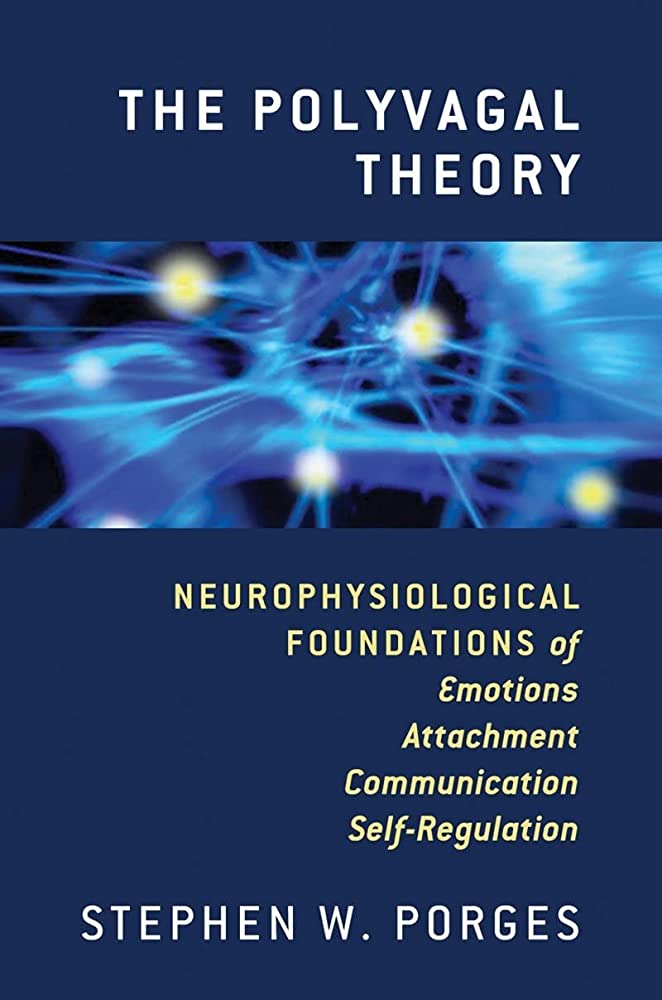


| [도서추천] THE POLYVAGAL THEORY | 2023-06-02 |
|---|---|
|
제목 : THE POLYVAGAL THEORY 저자 : STEPHEN W. PORGES 목차 Introduction : Why Is There a Polyvagal Theory? Part1 : THEORETICAL PRINCIPLES 1. Neuroception : A Subconscious System for Detecting Threat and Safety 2. Orienting in a Defensive World : Mammalian Modifications of Our Evolutionary Heritage. A Ployvagal Theory 3. The Ployvagal Theory : New Insights Into Adaptive Reactions of the Autonomic Nervous System\ Part2 : BIOBEHAVIORAL REGULATION DURING EARLY DEVELOPMENT 4. Vagal Tone : A Physiological Marker of Stress Vulnerability 5. The Infant's Sixth Sense : Awareness and Regulation of Bodily Processes 6. Physiological Regulation in High-Risk Infants : A Model for Assessment and Potential Intervention 7. Infant Regulation of the Vagal "Brake" Predicts Child Behavior Problems : A Psychobiological Model of Social Behavoir 8. The Early Development of the Autonomic Nervous System Provides a Neural Platform for Social Behavior Part3 : SOCIAL COMMUNICATION AND RELATIONSHIPS 9. Vagal Tone and the Physiological Regulation of Emorion 10. Emotion : An Evolutionary By-Product of the Neural Regulation of the Autonomic Nervous System 12. Sociial Engagement and Attachment : A Phlogenetic Perspective 13. The Polyvagal Hypothesis : Common Mechanisms Mediating Autonomic Regulation, Vocalizations, and Listening Part4 : THERAPEUTIC AND CLINICAL PERSPECTIVES 14. The Vagus : A Mediator of Behavioral and Physiological Features Associated With Autism 15. Borderline Personality Disorder and Emotion Regulation 16. Abuse History Is Related to Autonomic Regualtion 17. Misic Therapy, Trauma, and the Polyvagal Theory Part5 : SOCIAL BEHAVIOR AND HEALTH 18. Reciprocal Influences Between Body and Brain in the Perception and Expression of Affect 19. Neruobilology and Evolution : Mechanisms, Mediators, and Adaptive Consequences of Caregiving
|
|








